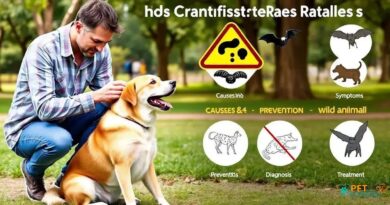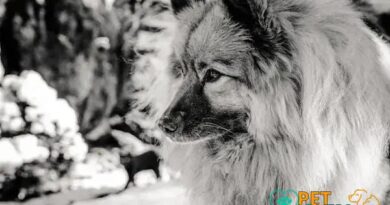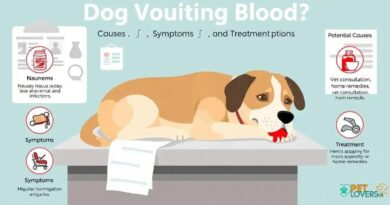What is: Aging process in dogs
What is the Aging Process in Dogs?
The aging process in dogs is a natural progression that affects their physical and mental health. As dogs age, they undergo various changes that can impact their overall well-being. Understanding these changes is crucial for pet owners to provide the best care possible. The aging process can vary significantly between breeds, with larger breeds typically aging faster than smaller ones.
Physical Changes in Aging Dogs
One of the most noticeable aspects of the aging process in dogs is the physical changes they experience. These may include graying fur, especially around the muzzle and eyes, as well as a decrease in muscle mass and strength. Older dogs may also develop joint issues, such as arthritis, which can lead to decreased mobility and discomfort. Regular veterinary check-ups are essential to monitor these changes and address any health concerns promptly.
Mental Changes and Cognitive Decline
Alongside physical changes, aging dogs may also experience cognitive decline. This can manifest as confusion, disorientation, or changes in behavior. Canine Cognitive Dysfunction Syndrome (CDS) is a condition similar to Alzheimer’s in humans, affecting older dogs’ memory and learning abilities. Pet owners should be aware of these signs and consider consulting a veterinarian for appropriate interventions and support.
Nutritional Needs of Senior Dogs
As dogs age, their nutritional needs change significantly. Older dogs may require diets that are lower in calories but higher in fiber to maintain a healthy weight and digestive health. Additionally, senior dog food often contains supplements like glucosamine and omega fatty acids to support joint health and cognitive function. It’s essential for pet owners to choose high-quality food tailored to their aging dog’s specific needs.
Exercise and Activity Levels
Maintaining an appropriate level of exercise is vital for aging dogs. While older dogs may not be as energetic as their younger counterparts, regular, moderate exercise helps keep their joints flexible and their weight in check. Activities such as short walks, gentle play, and mental stimulation through puzzle toys can greatly benefit an aging dog’s physical and mental health.
Health Monitoring and Veterinary Care
Regular health monitoring is crucial during the aging process in dogs. Routine veterinary visits can help detect health issues early, allowing for timely treatment. Blood tests, dental check-ups, and vaccinations should be part of an older dog’s healthcare routine. Pet owners should also be vigilant for any changes in behavior, appetite, or bathroom habits, as these can indicate underlying health problems.
Common Health Issues in Senior Dogs
Senior dogs are prone to various health issues, including dental disease, heart problems, and cancers. Conditions like diabetes and kidney disease are also more common in older dogs. Awareness of these potential health issues can help pet owners take proactive steps in managing their dog’s health, including regular screenings and appropriate lifestyle adjustments.
Creating a Comfortable Environment
As dogs age, they may require modifications to their living environment to ensure comfort and safety. Providing soft bedding, non-slip surfaces, and easy access to food and water can help accommodate their changing needs. Additionally, creating a quiet space for rest can help reduce stress and anxiety in aging dogs.
Emotional Well-being and Quality of Life
The emotional well-being of aging dogs is just as important as their physical health. Older dogs may experience anxiety or depression, especially if they have lost a companion or are dealing with chronic pain. Engaging in gentle play, maintaining routines, and providing companionship can significantly enhance their quality of life during their golden years.



